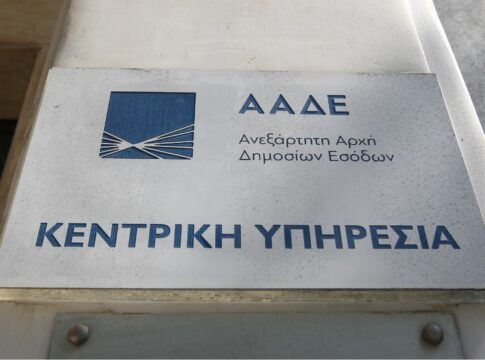Greece’s economy is projected to grow by 2.2 pct in 2023 and 1.9 pct in 2024, the Organisation for Economic Cooperation and Development (OECD) said in its economic outlook report released on Wednesday.
The Paris-based organisation said that growth remains strong despite headwinds from surging energy prices and uncertainty following Russia’s war of aggression against Ukraine, thanks to the support of the Recovery and Resilience Package. Nevertheless, inflationary pressures persist, as does the major challenge of labour shortages in some sectors.
“Greece’s economy has continued to grow robustly in spite of headwinds, investment growth remained strong in the last quarter of 2022 despite rising investment costs and growing labour shortages. Besides, confidence rose from October 2002 to be near its pre-pandemic highs in April. Real consumption continued to grow reflecting strong employment growth and despite households’ falling purchasing power,” according to the report.
Furthermore, Greece’s harmonised inflation rate is steadily falling since September 2022. The inflation rate is projected to fall from 9.3% in 2022 to 3.9% this year and to 3.2% in 2024, while core inflation – excluding energy, food, alcohol and tobacco prices – is projected to rise from 4.6% last year to 5.5% in 2023, falling to 3.3% in 2024. Energy prices fell by 27.9% in April from September 2022 levels.
The current account deficit is expected to fall to 9.5% this year and to 8.7% in 2024. The report underlined that the risk of creating new non-performing loans because of higher interest rates is contained by an agreement between Greek banks to freeze mortgage loan interest rates until April 2024 and by a relatively high percentage of new loans with stable interest rates.















